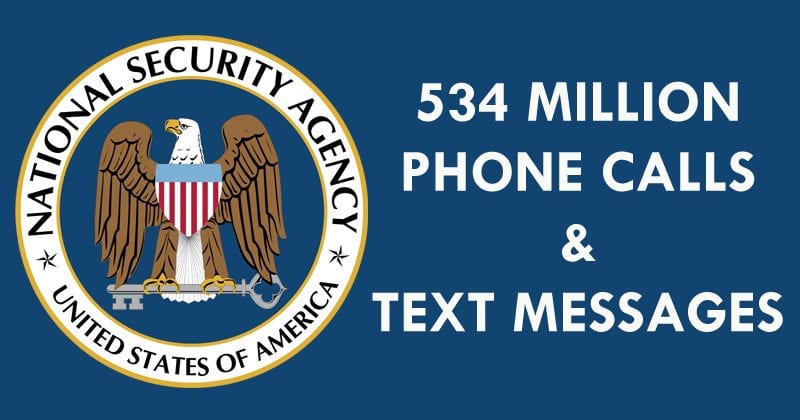Intelligence analysts are looking more frequently for information about Americans within the extensive collection carried out by the agency in the so-called detailed records of calls, a kind of telecommunications meta-information to know who contacted who and when, although not the content of what they said. The new report – which is an annual statistic related to surveillance issued by the Office of the Director of National Intelligence – does not explain why the number of registrations increased so dramatically. Although in an interview, Alex Joel, director of civil liberties at the office, said the NSA had not reinterpreted its legal authority to change the way it collects the information. It cited several factors that could have contributed to the increase, including changes in the amount of historical information that companies are choosing to keep, the number of telephone accounts used by each objective and the changes that the telecommunications industry creates for records, based on a constant change of technology and practices. “Based on what we learned about that information, we expect to continue to fluctuate every year,” Joel said. Although the large and growing volume of information shows that the NSA continues to obtain significant amounts of information about Americans’ phone calls and text messages after changes made by Congress in the 2015 law, the US Freedom Decree, that reformed the way in which the NSA can have access to domestic telecommunication information. The law terminated an NSA program that was previously secretly and systematically collected billions of records a day. The program dates from the attacks of September 11 and was revealed in 2013 by Edward J. Snowden, leading to a broad debate on surveillance and privacy. Although Congress terminated that program, lawmakers wanted the NSA to continue to retain that function: the ability to analyze the links between people who are searching for hidden terrorists. So, they authorized a new system in which the vast majority of the records remain in the telephone companies, although the NSA can obtain a copy of all the records of an objective and any person with whom that objective has had contact. So, what do you think about this? Simply share all your views and thoughts in the comment section below.
Δ


